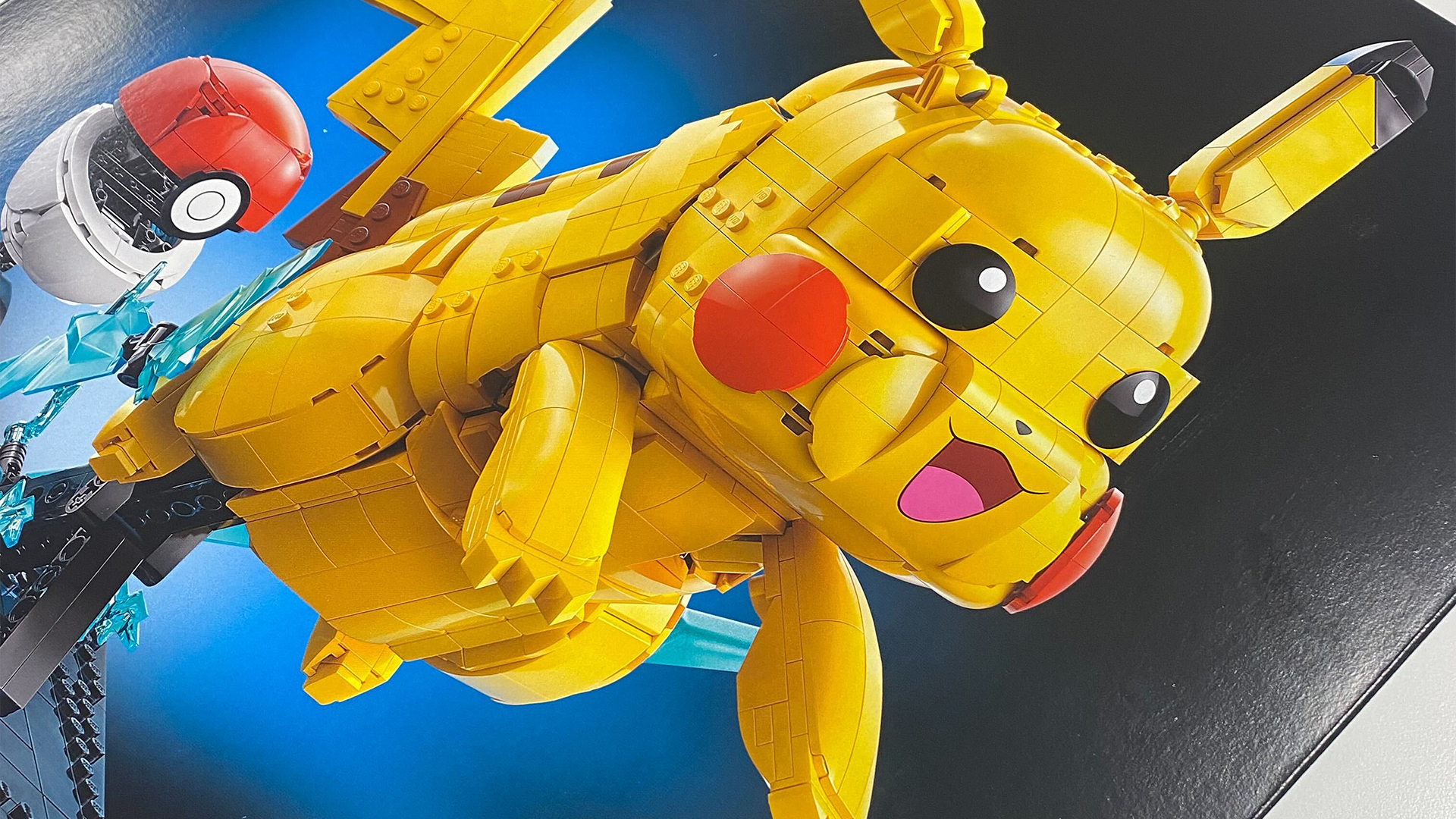The Top 7... Games that defined the Xbox's future
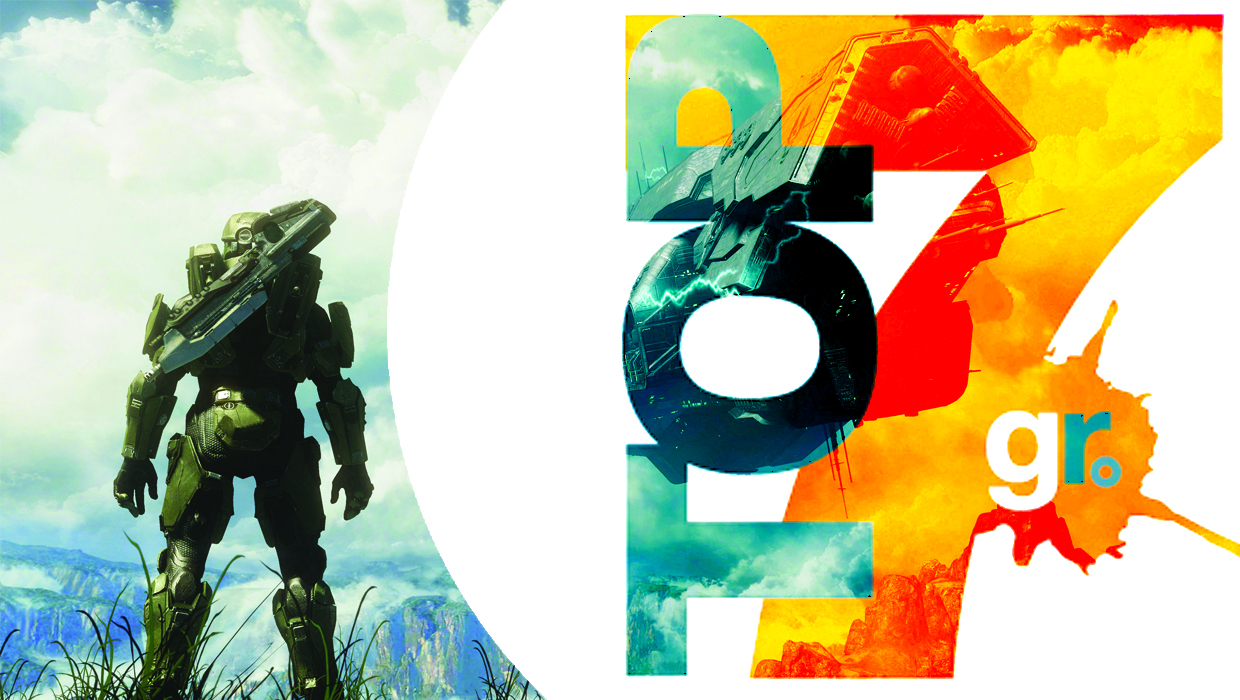
Xbox, on!
In one week, we'll be referring to the Xbox 360 and PlayStation 3 as "last-gen" consoles. No matter which of the big three you've declared allegiance to, you're going to have a shiny, HD piece of plastic to buy. That's exciting, right? The Wii U with its tablet and incredible first-party lineup, the PS4 with its streaming technology and powerful hardware, and the Xbox One with its absurdly accurate Kinect camera and cloud computing. But how did we get here? The Wii's unique controller and Nintendo's DS handheld paint a straight line to the Wii U, and Sony's system is a fairly obvious step forward from their last, but the Xbox One's a little trickier. It's definitely the least orthodox of the next-gen hardware.
An HDMI input for cable boxes? A camera? Voice commands? The Xbox One is a pretty big departure from the original Xbox, but it's not hard to see why things are the way they are. For every "why is this like this," there's a game that can be pointed at to explain it. We've gathered up the software that best defines the platform, showing how the future of Xbox gaming was shaped by a handful of important releases. Starting with...
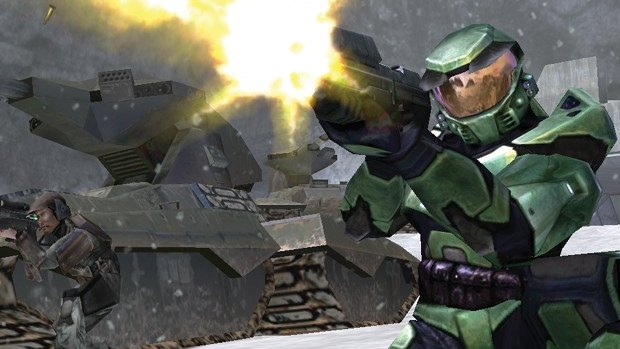
7. Halo: Combat Evolved (2001)
Halo: Combat Evolved's subtitle isn't a misnomer--it truly evolved the perception of shooters on consoles. It took a genre that had struggled to maintain a foothold outside of Windows and made it huge. Like, super huge. Suddenly, a shooting game on consoles was a household name. Master Chief became Microsoft's Mario, stolen out from under Apple (Halo was originally an RTS for Mac) and turned into the next big thing.
"But what about Perfect Dark?" What about it? "It was super popular!" Maybe for N64 fans in the late '90s--but it couldn't hold a candle to Master Chief when it came to mainstream appeal, and that's an important point. Games like TimeSplitters and Doom might've grown to a respectable level of popularity in your friend's basement, but no console shooter had really hit critical mass like Halo did. It was a revelation, and helped make Microsoft--a newcomer to consoles--a major player, basically overnight.
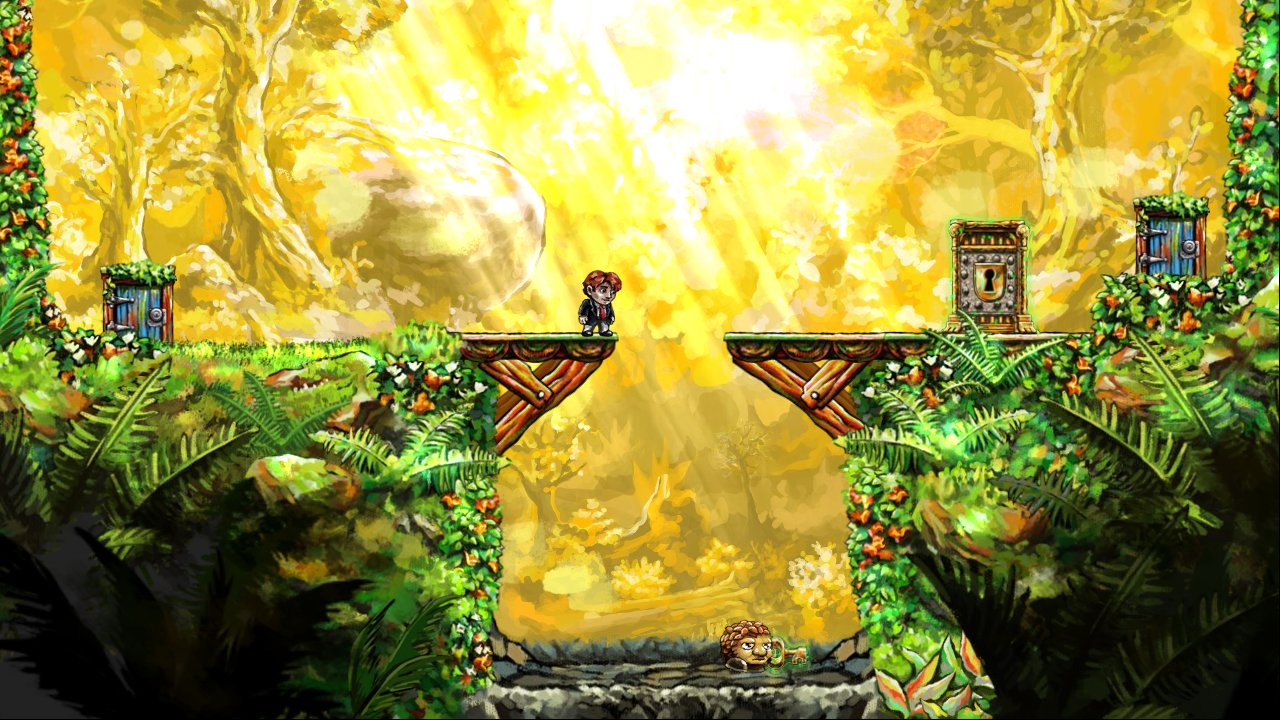
6. Braid (2007)
Remember the first Summer of Arcade? You were all like, "Man! Bionic Commando Rearmed looks awesome!" and "Castle Crashers will be co-op greatness!" and "Galaga Legions and Geometry Wars: Retro Evolved 2 will be super cool arcade games!" and "What the hell is Braid?" You had no idea, but you played it anyway--and it blew your mind all over the place. There's still a slimy piece of your mind under the couch.
Braid wasn't just good, it was revelatory. You suddenly cared about indies? And Microsoft was actually taking lead on them? Xbox Live had plenty of fun downloadables up until that point, but it wasn't until Braid that the platform became a place for real games. For full experiences. Braid had redefined what a downloadable game could even be on consoles, and proved that there was a future for affordable games.
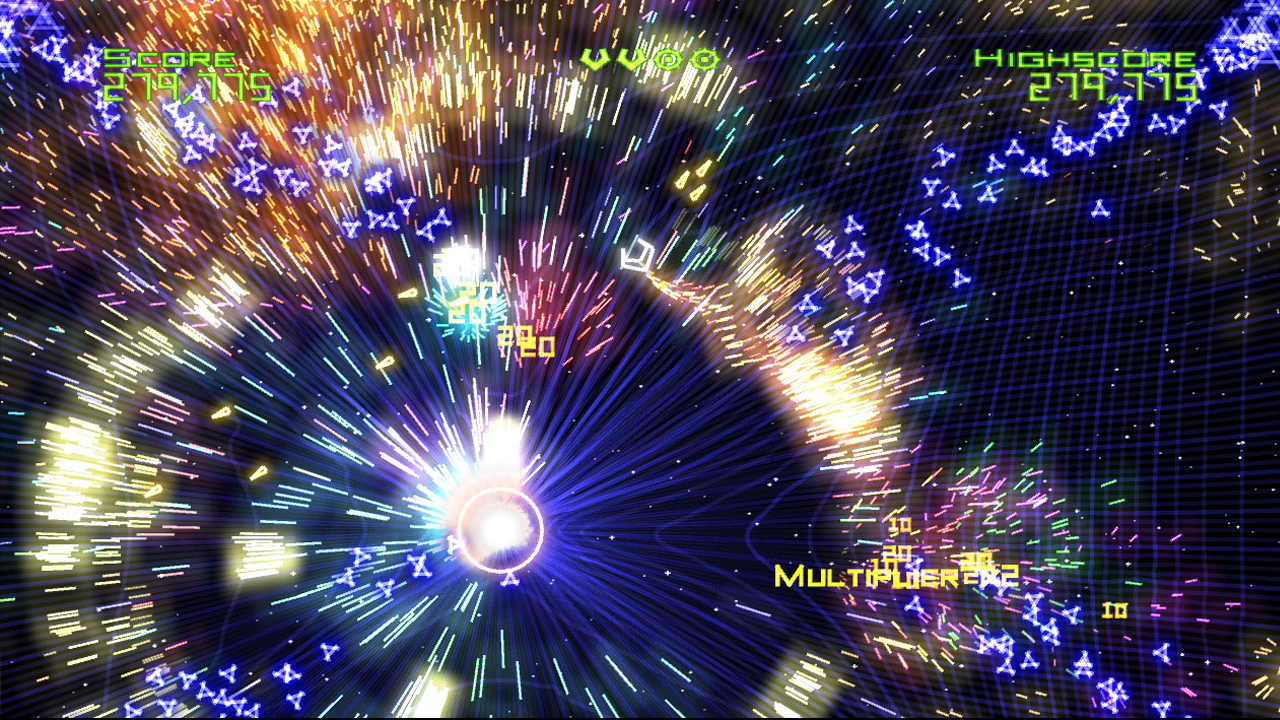
5. Geometry Wars: Retro Evolved (2005)
But let's not undersell how important those "fun downloadables" were. Though it was originally little more than an afterthought, tossed into Project Gotham Racing because why not, the Xbox Live Arcade version of Geometry Wars set the standard for a generation of addictive leaderboard grinds. We'd heard rumblings of the (then) next-gen hardware having the ability to download games, but we really had no idea what form it would take. When we first played Geometry Wars, we suddenly knew.
Sure, that knowledge would be overridden when Braid showed us that downloadables didn't have to feel like advanced arcade games, but it still made a difference. Sony and Microsoft were now engaged in a second arms race--the fight for the more fervent score-chasing among friends. An arrow from this can be pointed towards many future revelations, from PSP Minis to the XNA indie games. Sure, neither panned out, but they helped shape how the two industry giants dealt with indies in the coming years.
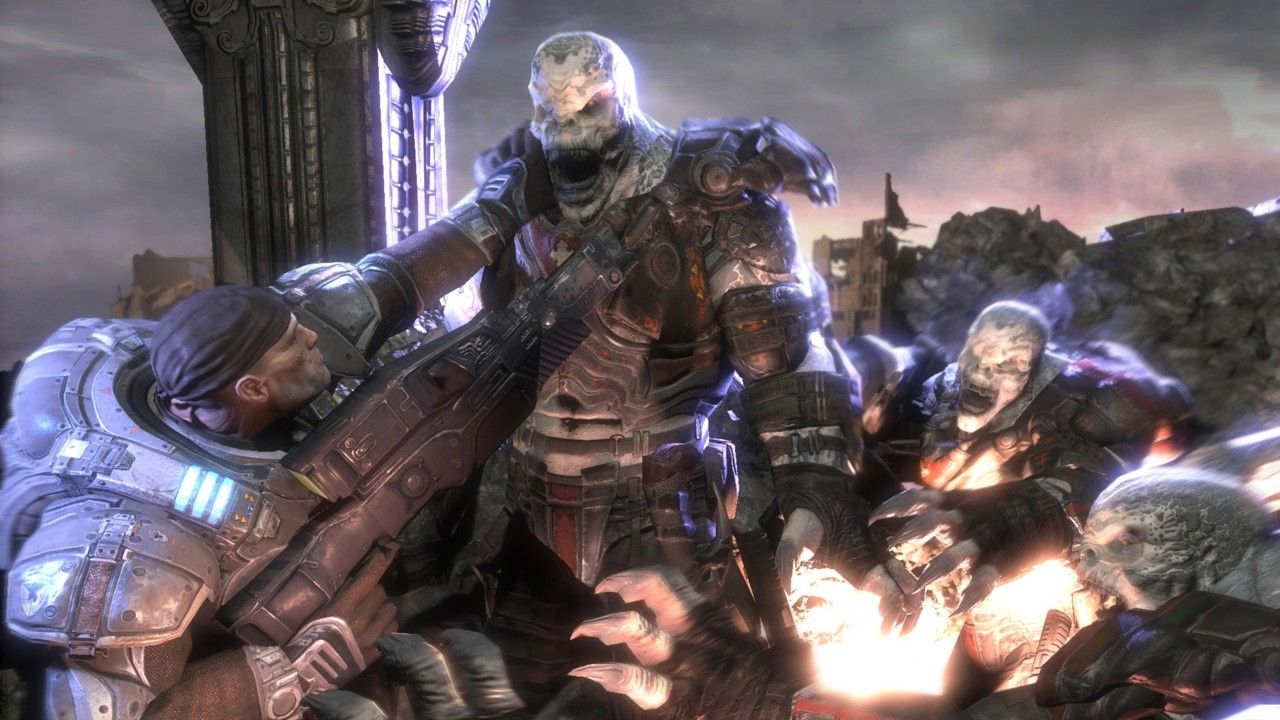
4. Gears of War (2006)
Remember the first HD "next-gen" game you saw? It looked like shit, didn't it? Blurry textures, jaggy characters--and it was all covered with a hyper-shiny coating that made everything look like it was covered in saran wrap. It was HD, and it looked better than the stuff you played on the PS2, but it wasn't really all that pretty. If it even had online play, it was likely just some shlocky deathmatch you could've experienced on PC. But then Gears of War came out, with its remarkable graphics, compelling story, and thrilling cooperative cover based shooting, and you were like, "holy hell, next-gen."
Gears was the first really next-gen-looking game. Bulky, meaty characters galumphing through realistic environments was what we all signed up for when we bought an Xbox 360, and Gears delivered. Yes, it was as grey and brown as they come (a problem fixed in Gears 2, when everything in the world shat rainbows just to prove that the Unreal Engine could render more than four colors), but it looked GREAT no matter the color. It was one of the first big 7th-gen franchises, and it showed what the hardware you paid for could really do.
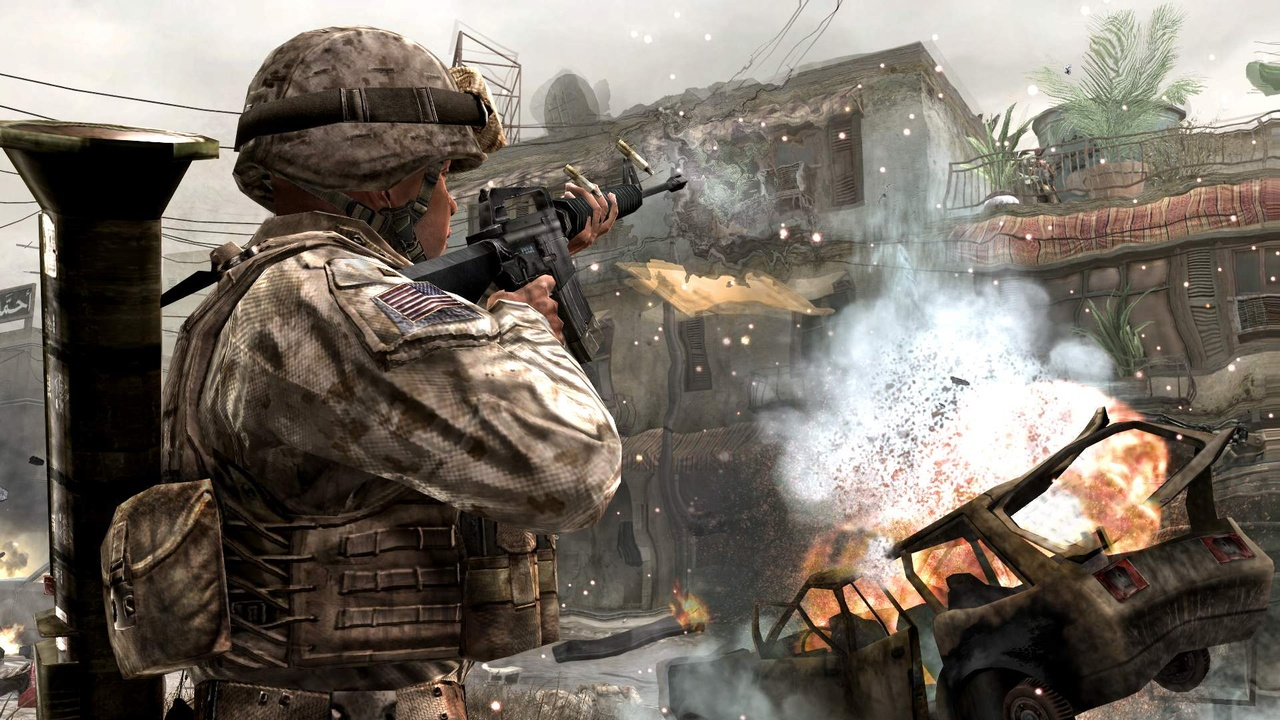
3. Call of Duty 4: Modern Warfare (2007)
Modern Warfare is as responsible for the Xbox 360's early success as any other game, and it wasn't even an exclusive. In fact, it's the only game on this list that wasn't a console exclusive--and that's sort of the point. Though it came out on the PlayStation 3 (and, eventually, hilariously, the Wii), COD's incredible online worked better on the Xbox 360. There was no argument, it was just better. Xbox Live's infrastructure was more reliable, everyone had a headset to talk to each other with, and the 360 version had fewer technical issues.
And because of that, the Xbox 360 became the de facto choice for most gamers buying multiplatform games. Even when the PS3's online servers caught up, and the Xbox 360's DVDs proved so limited that games needed to be two or three disks, people still chose Microsoft's system over Sony's. This has even shaped the next-gen (or the current-gen, depending on when you're reading this), with many gamers sticking with Xbox because their friends are, and their friends are because of yup, Call of Duty.
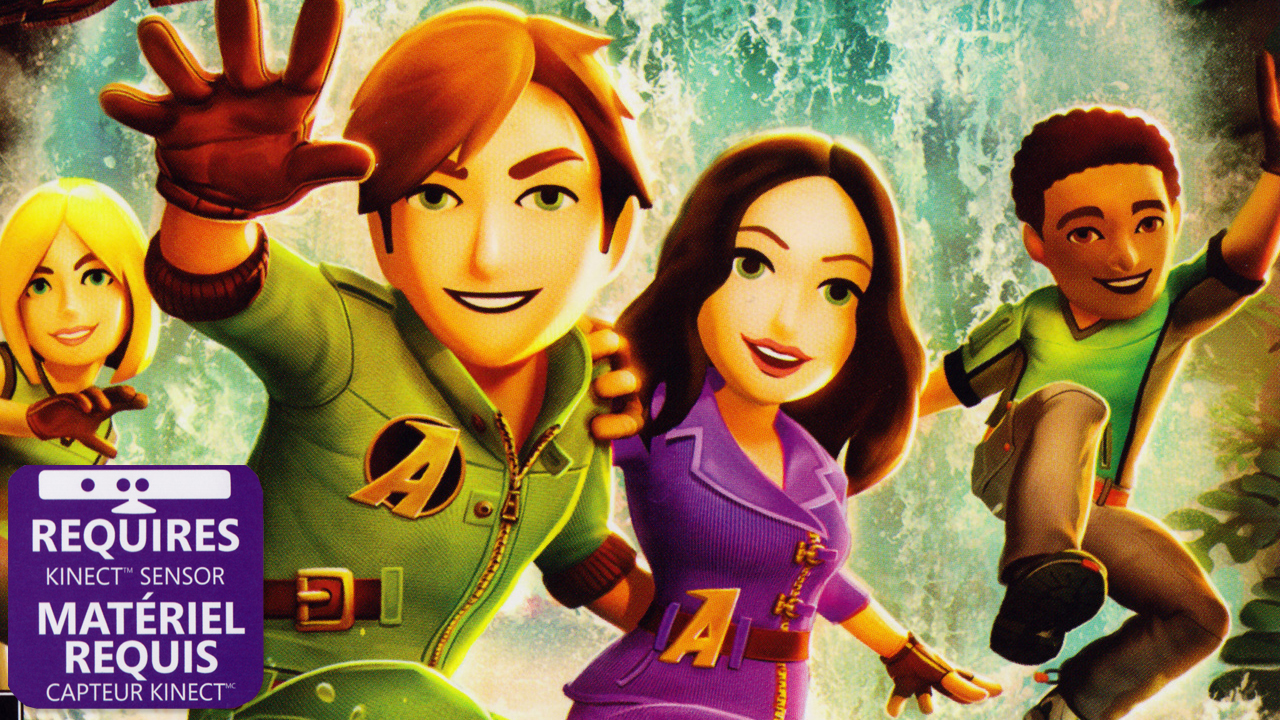
2. Kinect Adventures (2010)
If this were a movie, and the main character was pinning newspaper clippings to a cork board and connecting them with yarn in order to figure out how Microsoft went from Xbox to Xbox One, the climax would take place when our intrepid (but misunderstood) investigator found a copy of Kinect Adventures. He'd put it on the board, step back, and say "my God it's all kinected."
Holy shit I'm sorry about that you guys. Seriously, you didn't need that.
Kinect Adventures is likely the most influential game you've never played. It's one of the reasons reason Kinect sold 25+ million units, and the reason Microsoft decided to go balls-deep with the motion-sensing hardware on the Xbox One. Sure, games like Dance Central were important, but less vital than the family-friendly pack-in that had children all over the country pretending to row or whatever. It's the Kinect's Wii Sports, and it's the reason you're going to have a camera scanning your pulse through your cheeks for the next few years.
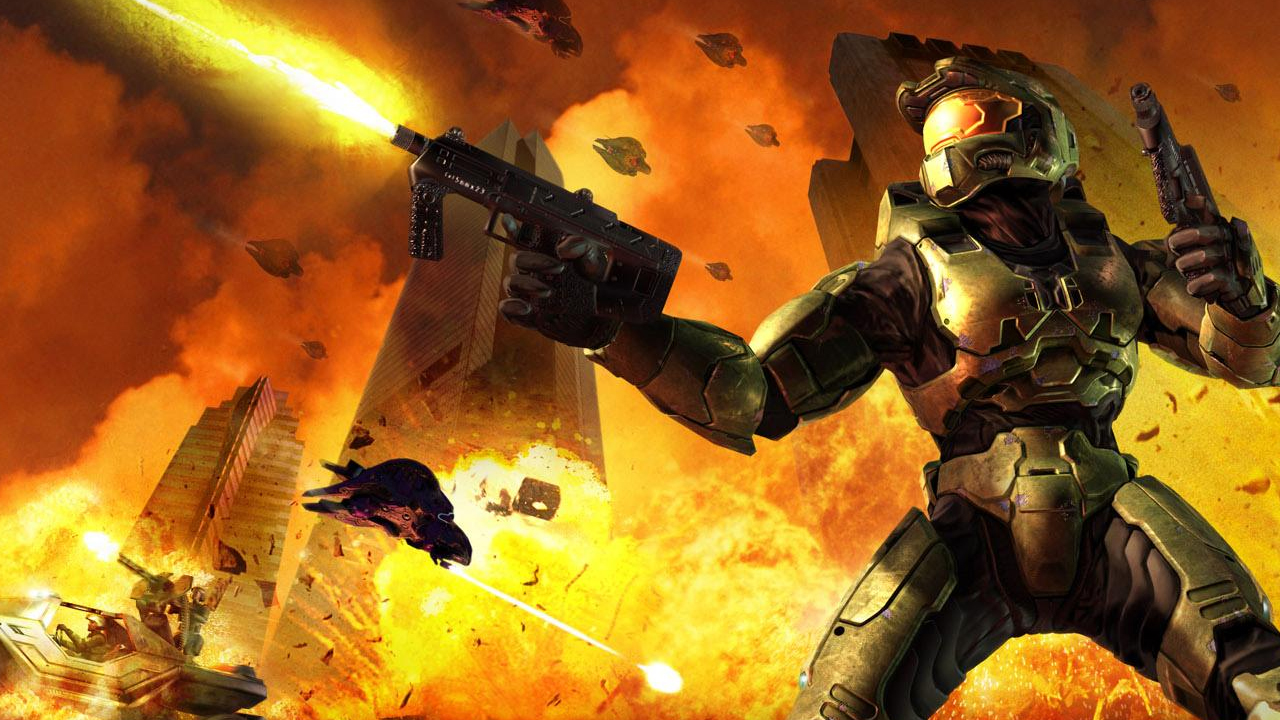
1. Halo 2 (2004)
Two Halo games on this list? Yeah. Two Halo games on this list. Master Chief carried Microsoft through its first generation, but while Halo and Halo 2 are pretty similar, they represent totally different parts of the Xbox's story. Whereas Combat Evolved brought shooters to consoles (SHUT UP, ONE GUY POINTING AT RED FACTION), Halo 2 showed that online multiplayer wasn't just a viable part of gaming--it was the future.
Xbox Live was pretty barren during the Xbox's first two years, as if everyone was waiting for the release of one game to prove that it was worth porting their PC net code to consoles. That game was obviously Halo 2, which gave gamers something they couldn't get on either of their competitor's consoles: competent online play. Real online play, too--the kind PC gamers had been bragging about for a decade. It helped Microsoft corner the market on both shooters and online play for five years, and positioned them well for the launch of the Xbox 360.
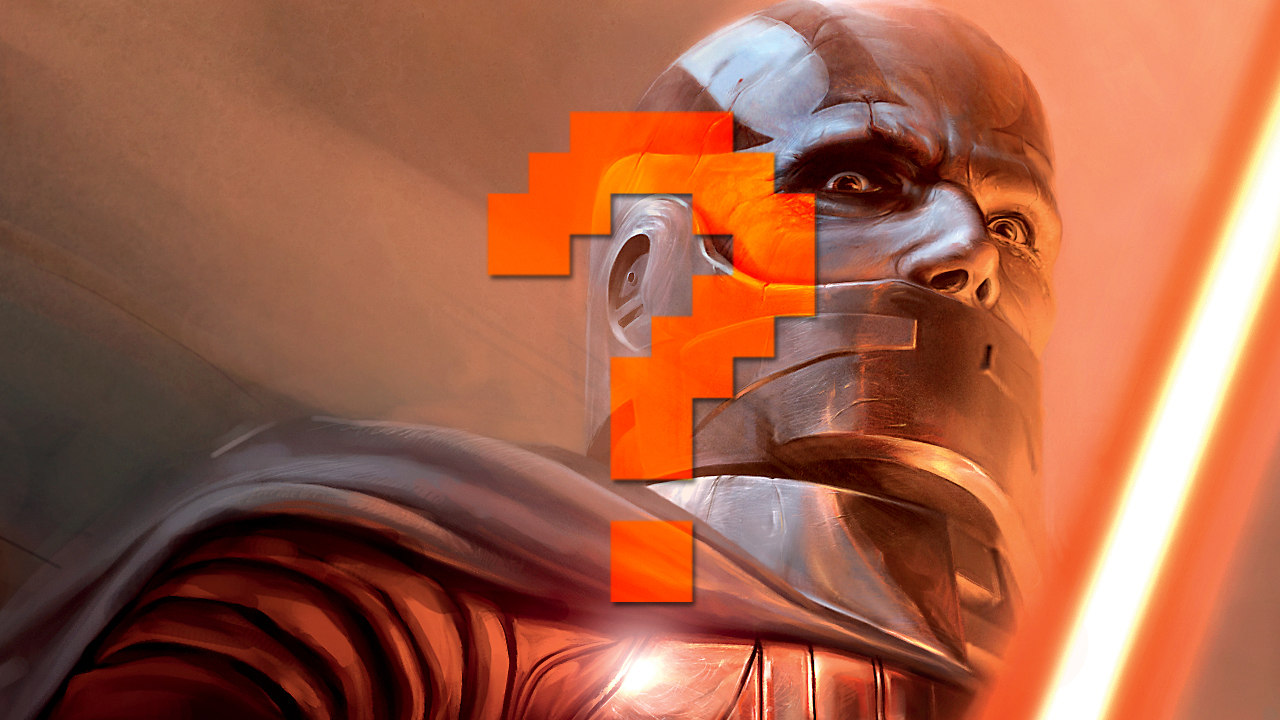
A long time ago
What will the future of games bring? We have no idea--but we have a feeling that games like Deep Down and Titanfall might shape the next-generation of games. Then again, if you'd have asked us this when the 360 launched we'd have told you that Perfect Dark Zero was going to be AMAZING, so what do we know?
And if you're looking for more, check out top 7 Sony mascots we wish caught on and eight minor characters that deserve explanation.

Hollander Cooper was the Lead Features Editor of GamesRadar+ between 2011 and 2014. After that lengthy stint managing GR's editorial calendar he moved behind the curtain and into the video game industry itself, working as social media manager for EA and as a communications lead at Riot Games. Hollander is currently stationed at Apple as an organic social lead for the App Store and Apple Arcade.
Weekly digests, tales from the communities you love, and more
You are now subscribed
Your newsletter sign-up was successful
Want to add more newsletters?
